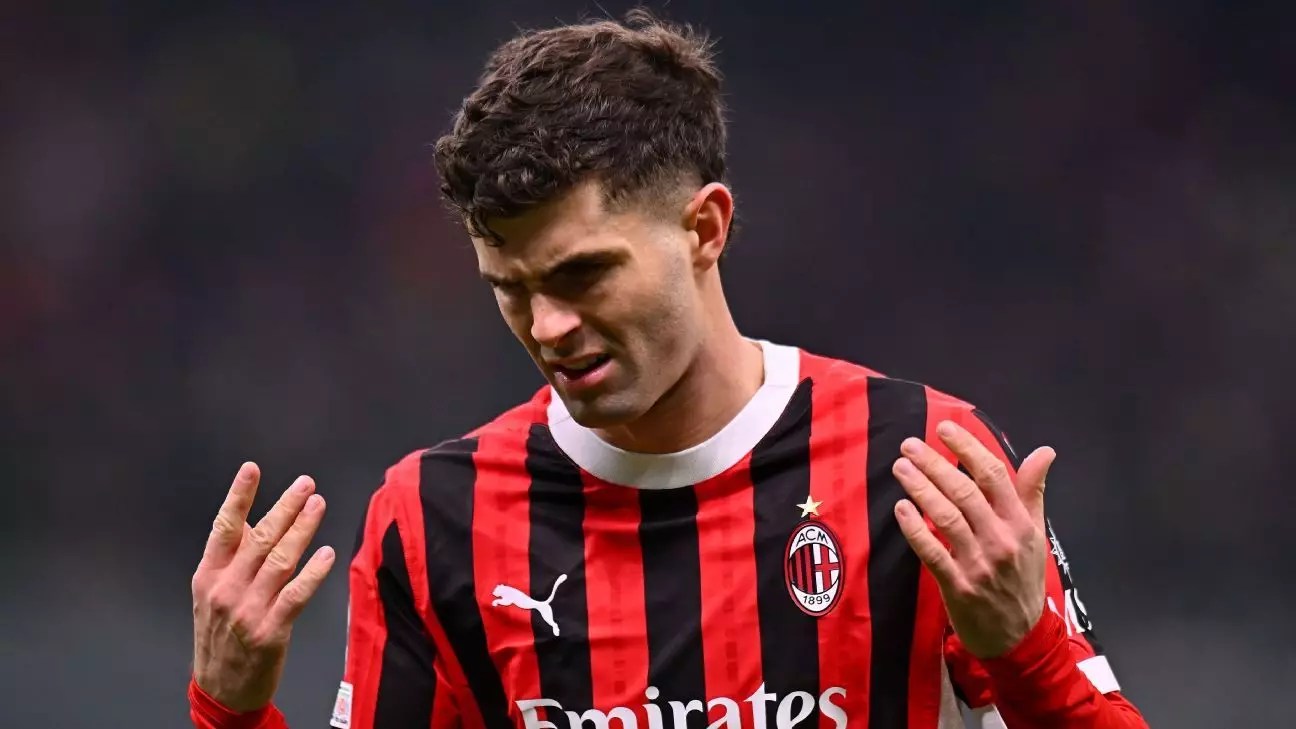AC Milan’s recent elimination from the Champions League subsequent to a disappointing 1-1 draw against Feyenoord has left fans and analysts alike pondering the club’s ambitions and strategies. Having entered the playoff round with a 1-0 deficit, the Rossoneri were keen to overturn that gap in a bid for progression. Unfortunately, the team’s performance fell short, culminating in a 2-1 aggregate defeat. This result not only dashed hopes for a deep run in Europe but also raised questions about the efficacy of their recent transfer activities.
Zlatan Ibrahimovic, who has transitioned from a player to a senior advisor at AC Milan, defended the club’s transfer policy despite the team’s lackluster showing in Europe. In the January transfer window, the club acquired five new signings, including notable names like João Félix from Chelsea and Santiago Giménez from Feyenoord. Ibrahimovic highlighted that while expectations are high, “there is no guarantee” an influx of talent will guarantee success on the pitch. His commentary suggests an understanding of the unpredictable nature of football and a belief that not every investment will bear immediate fruit.
However, the crux of the issue lies in the management of expectations versus reality. Supporters may have hoped that the influx of fresh talent would yield immediate results, but as evidenced by the recent match, cohesion and performance under pressure proved challenging. Moving forward, it’s crucial for the management and coaching staff to assess their strategies and determine whether these acquisitions can genuinely enhance the overall quality and depth of the squad.
One of the pivotal moments in the match against Feyenoord was Theo Hernández’s unfavorable second yellow card for simulation, which left the team vulnerable and hampered their ability to mount a comeback. Ibrahimovic’s comment regarding the referee’s decision indicates a sense of frustration over officiating but also an acknowledgment of the team’s shortcomings. This incident serves as a reminder that individual decisions and moments can dramatically influence the outcome of tightly contested matches.
In analyzing this aspect, it becomes clear that a team’s maturity and tactical discipline are often tested in high-stakes situations. Ibrahimovic’s assertion that the team lacked maturity reinforces the idea that mental fortitude is as critical as technical prowess. To become a dominant force in Italy and Europe, players must learn to maintain composure and execute their game plan even when faced with adversity.
Looking forward, Ibrahimovic implored the players to redirect their focus towards Serie A, where Milan currently languishes in seventh place. With a gap forming between them and the fourth-placed Juventus, the pathway to Champions League qualification through league performance becomes more challenging. The urgency to now concentrate on domestic affairs is critical as the club aims to salvage its season.
Winning the Coppa Italia and breaking back into the top four of Serie A must be Milan’s immediate goals. Success in these competitions can restore the confidence of the players and the faith of the supporters. Milan’s recent triumph in the Italian Super Cup could serve as a beneficial psychological boost, provided that the team can channel that momentum into their forthcoming matches.
The aftermath of their Champions League exit presents AC Milan with an opportunity for introspection and growth. While Ibrahimovic’s defense of the club’s transfer strategies indicates that all is not lost, it also emphasizes the need for accountability and a renewed sense of purpose. As they navigate the challenges ahead, Milan must cultivate resilience, both individually and collectively, to ensure that the lessons learned from this disappointing chapter contribute to future successes. The road to recovery is fraught with challenges, but with concentration on league performance and targeted improvements, Milan can aspire to regain its status among Europe’s elite.


Leave a Reply